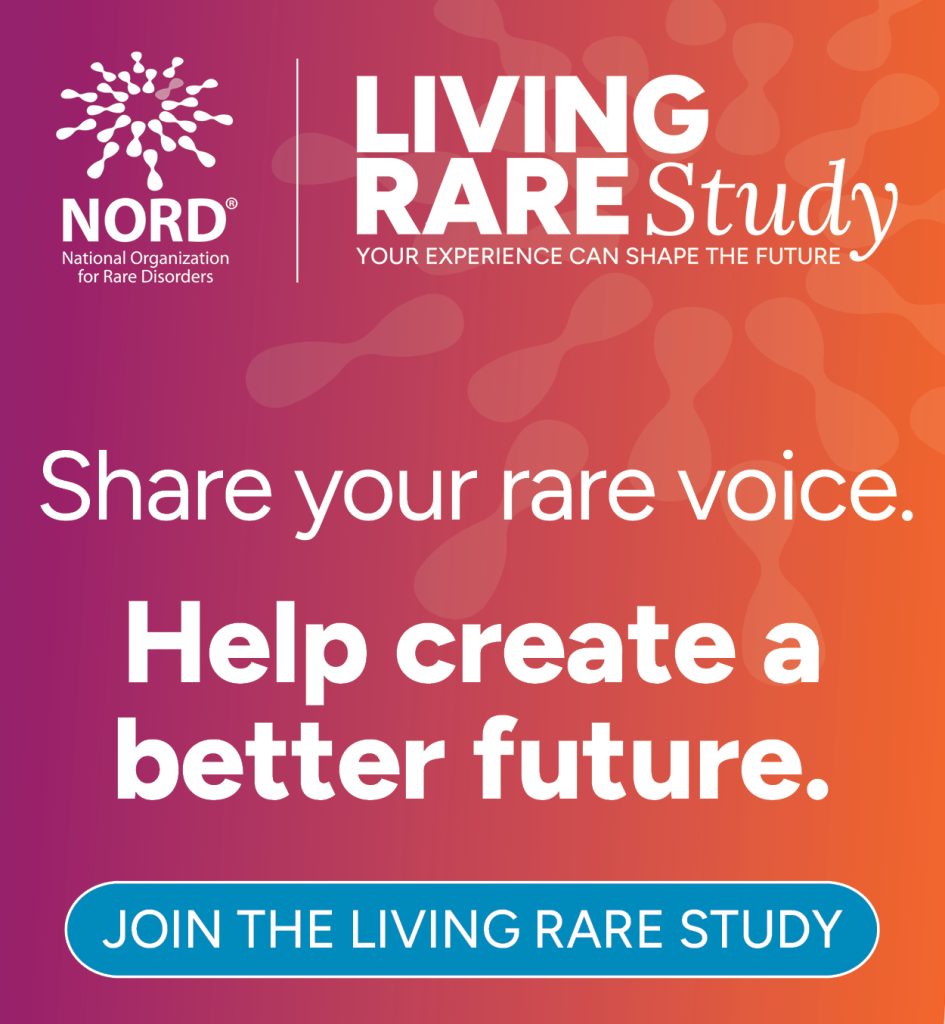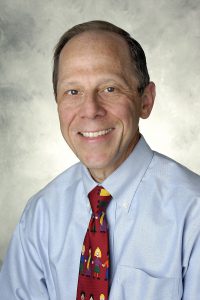2017 Honoree
Rare Impact Award
Frederick Kaplan, M.D.
Dr. Frederick Kaplan’s life changed the day he met a 2-year-old girl with fibrodysplasia ossificans progressiva (FOP), a debilitating and progressive rare bone disorder. In the three decades since, he has dedicated himself to FOP research and traveling the world to treat patients. He demonstrates how, inspired by a single case, one person can change the course of medicine.
In 2006, due to 15 years of his tenacious efforts, Dr. Kaplan was part of the team that discovered the gene causing FOP. The discovery has tremendously accelerated the development of therapeutics for this devastating and life-shortening condition. In his view, the possibility of a treatment as just around the corner and his dream of “transforming FOP from a nightmare to an inconvenience” is close to coming true.
“I want my career in medicine to be more than fixing things that we know how to fix,” says Kaplan. “I want it to be about fixing things that we don’t know how to fix, and want to use whatever techniques can be brought to the task.”
As a young clinician, Dr. Kaplan made the decision to put the FOP community on his shoulders. After meeting that young patient, he began a part-time sabbatical for research “so that we would no longer be in the dark about what causes the condition” that he calls catastrophic and essentially causes the body to form a second skeleton. Today, because he understands that many still have nowhere else to turn, he travels the world, cares for more than 800 patients, and is never more than a text message away.
“Diseases are not just biological processes, they are human experiences,” says Dr. Kaplan. “You can’t be exposed to this kind of stuff and walk away. You can’t be exposed to this kind of power in technology to find things out and make things better and turn away from it, at least I could not.”
Dr. Kaplan’s pioneering work is also thought to have applications for more common bone diseases and may be useful for other heterotopic bone formations, athletic medicine, and treating spinal injuries and war wounds.
“As a young, struggling medical student, I was trying to find some things to hang on to, to help me understand the basis of diseases. It was alluring, exciting to me that you could learn lessons from rare diseases that could be applicable to common ones,” adding, “the rare ones show us how nature works.”
Dr. Kaplan encourages others to study rare diseases. In his words, “there is no other realm of medicine that can afford you greater intellectual fulfillment or long-term personal satisfaction than to be fully engaged with patients and families who are challenged with rare disorders. They liberate your mind to the enduring values of the human experience and allow you to contribute in ways you never thought possible.”
Dr. Kaplan says that his relationship with patients has been the hallmark of his career. “The greatest honor has been being invited over the years by the patients and families into their homes and into their lives… I tell patients that I wish we had never had to know each other, but knowing each other has enriched our lives.”
Frederick Kaplan, M.D., is the Isaac & Rose Nassau Professor of Orthopaedic Molecular Medicine and chief of the division of Molecular Orthopaedic Medicine in the Perelman School of Medicine at the University of Pennsylvania.
NORD is honored to present Dr. Frederick Kaplan with a 2017 Rare Impact Award.




